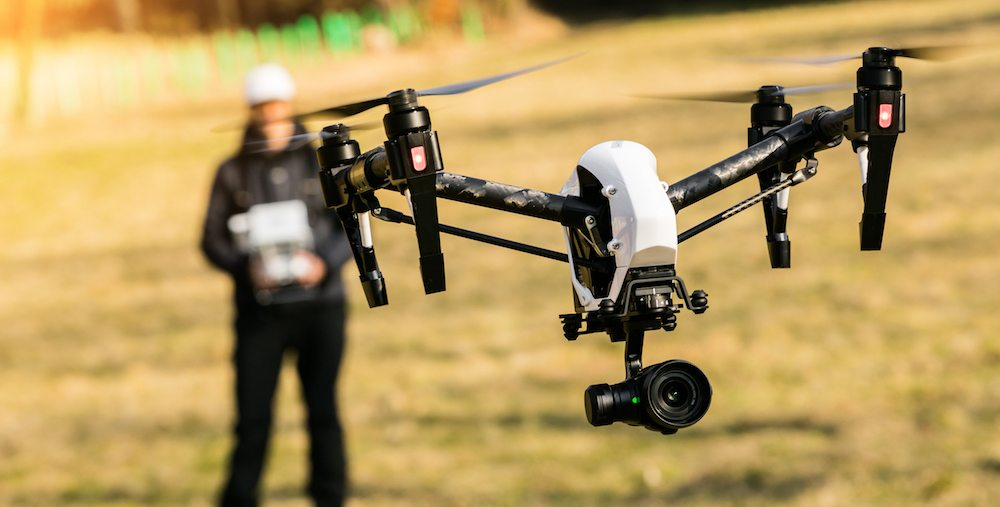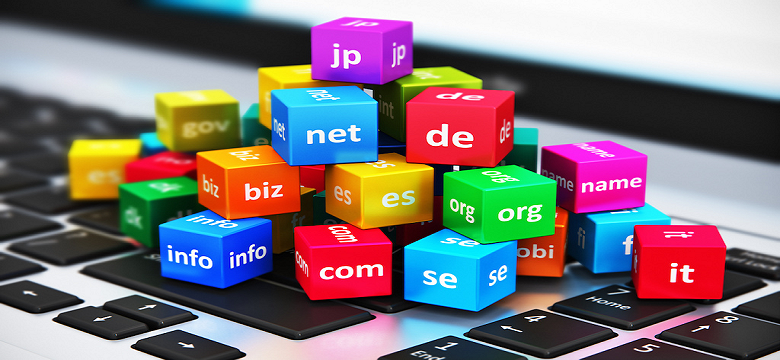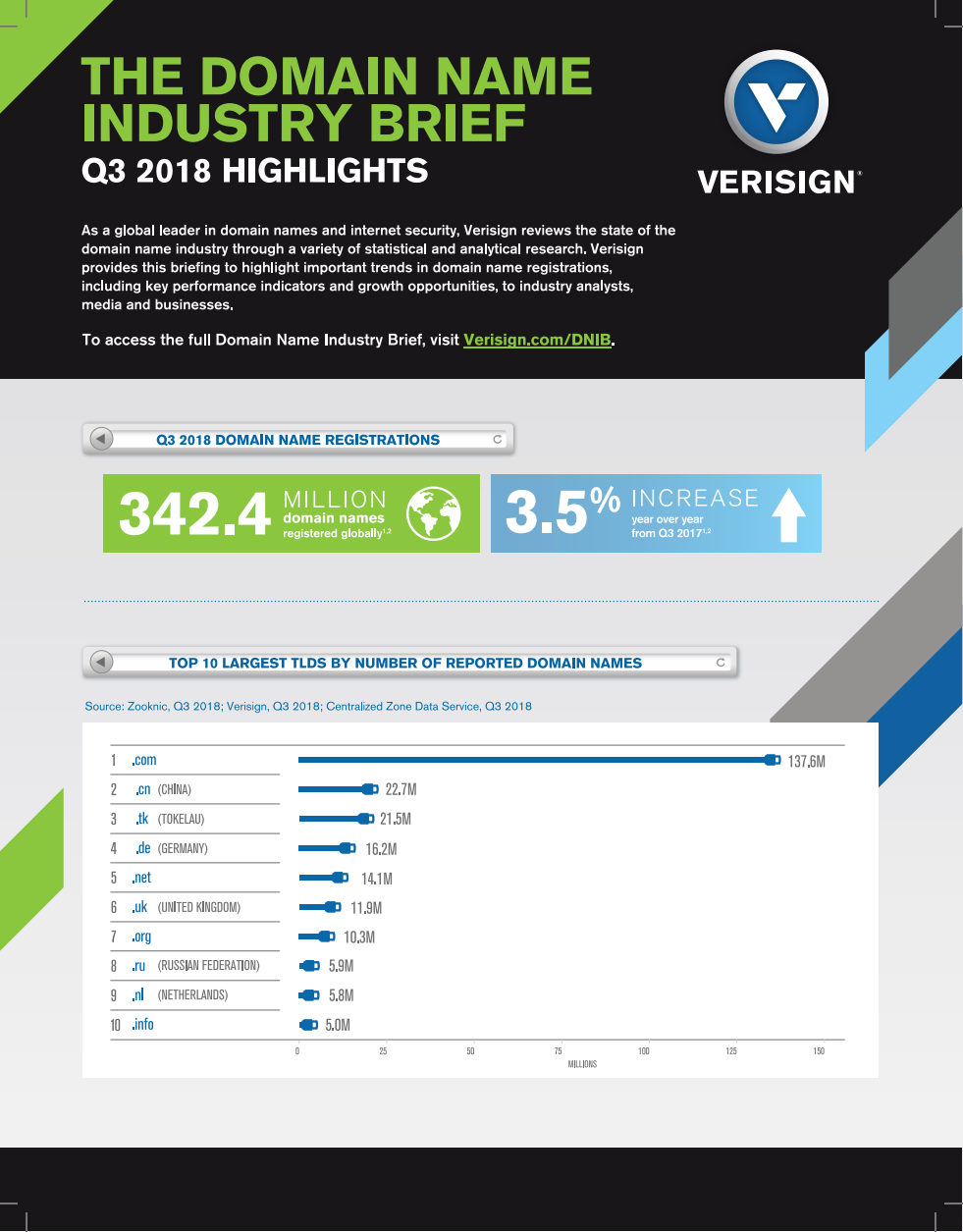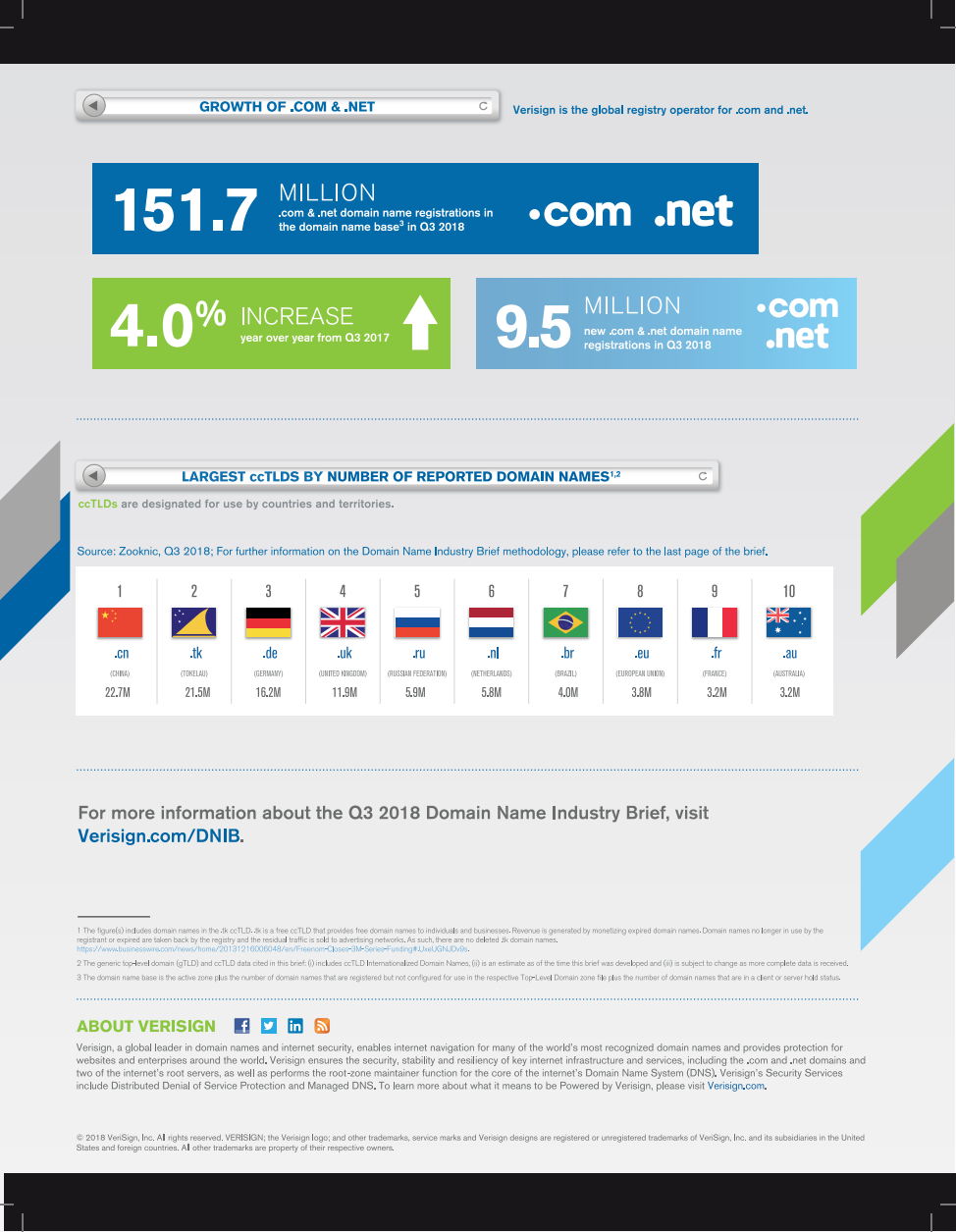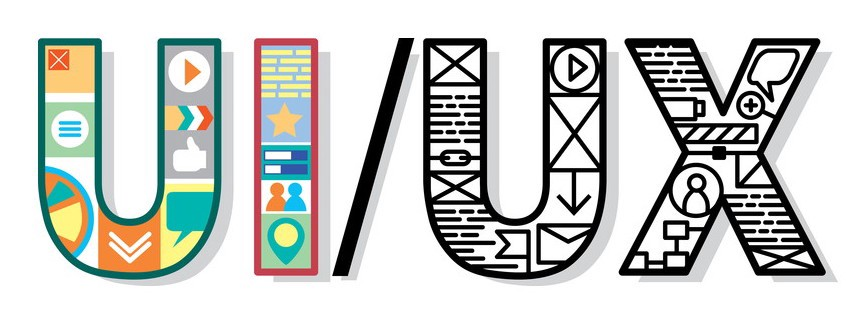Unity Technologies, creator of the world’s most widely used real-time 3D development platform, announced a collaboration with Baidu Inc., China’s leading Internet Giant, to develop a real-time simulation product that creates virtual environments allowing developers to test autonomous vehicles in simulated real-world situations. The Unity-based real-time simulation will now be available to developers taking part in Baidu’s Apollo platform – an open, comprehensive and reliable platform geared towards accelerating the development, testing, and deployment of Levels 3, 4, 5 autonomous vehicles.

Tim McDonough, General Manager of Industrial, Unity Technologies, said
Baidu is helping make significant advances in autonomous driving in China and around the world by advancing collaboration amongst many developers and manufacturers, which is why we’re thrilled to be collaborating.
The ability to accurately conduct autonomous testing in a simulated environment allows for millions of simulations to simultaneously occur, providing Apollo partners with a competitive advantage while helping to keep their business costs down.
Unity’s real-time 3D platform allows automotive manufacturers [OEMs] to reduce errors and risk while increasing efficiency and speed of testing by offering simulations that replicate real-world scenarios. Unity also offers customizable content available through its Asset Store created by its millions of developers.
In addition to its collaboration with Baidu, Unity works with eight of the 10 largest OEMs in the world by helping improve the way they design, build, service and sell automobiles. The brand has continued to invest in its automotive division by bringing in experts from companies like BMW, General Motors, Toyota, Volvo, and the Volkswagen Group.
Jaewon Jung, Chief Architect, Baidu, said
By using a platform like Unity, our developers can focus on testing and research without worrying about non-functional environments or building something from scratch. The Unity-powered game engine simulation for Apollo has the ability to expedite autonomous vehicle validation and training with precise ground truth data in a more effective and safer way.
As part of its growing autonomy efforts, Unity has recently collaborated to support Artificial Intelligence (AI) and deep learning for autonomous systems, as well as its recently launched SimViz Solution Template – a package that provides OEMs and other brands with autonomous driving simulations solutions. For more information, please visit Unity3d


